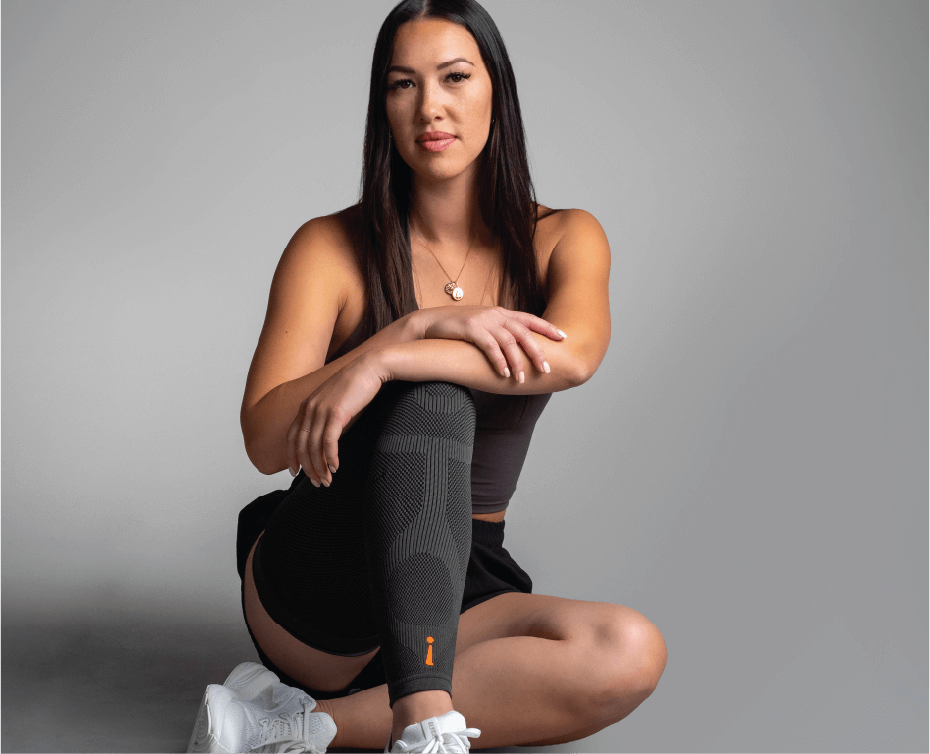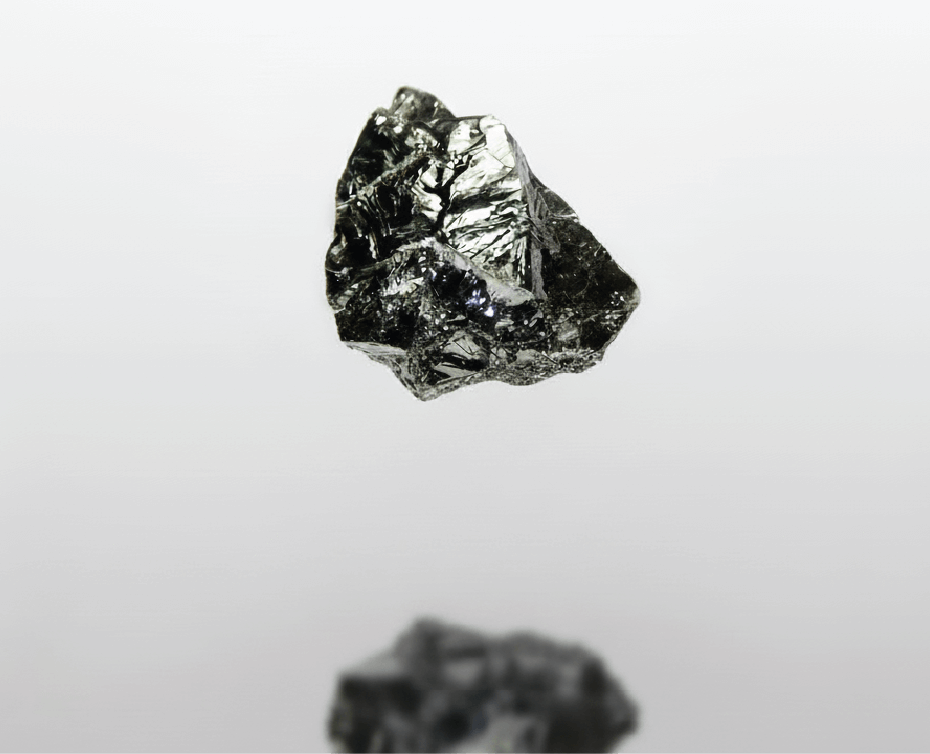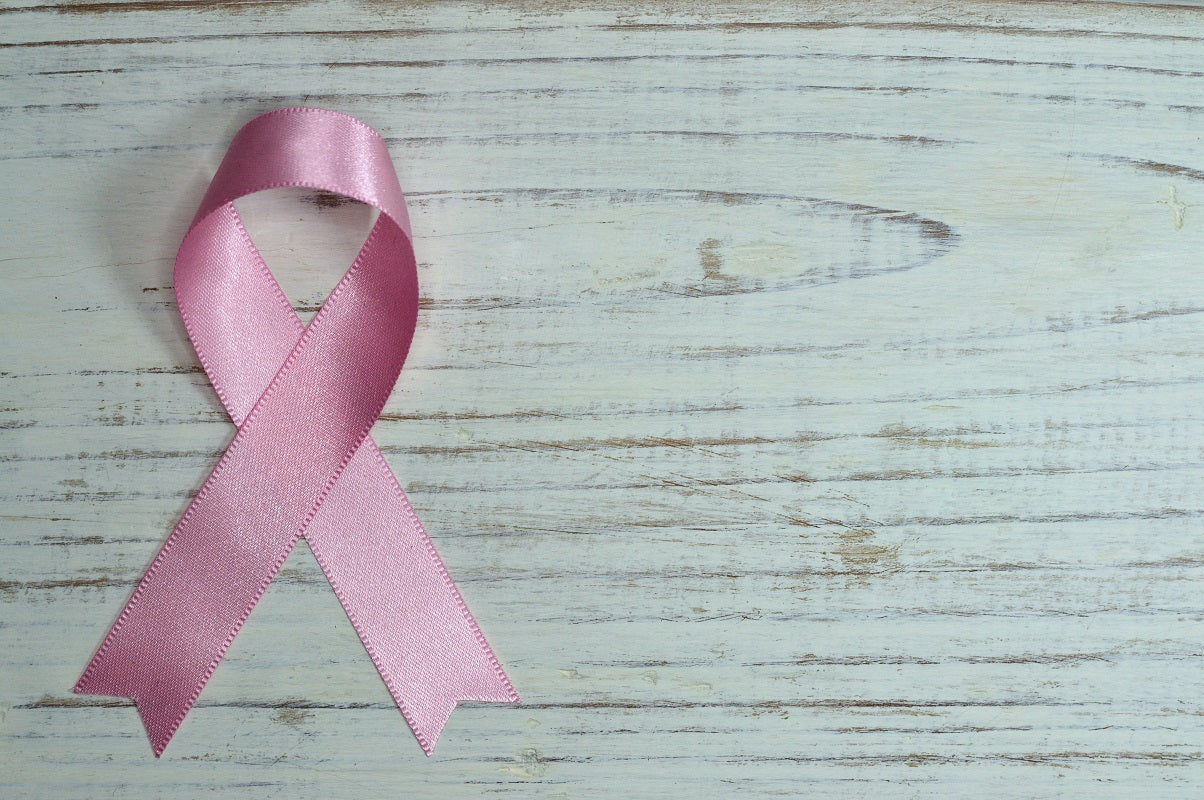Please note that this post is provided for informational purposes only and should not be taken as medical advice. If you have concerns about cancer or any other health issues, speak to a qualified healthcare professional.
February is National Cancer Prevention Month. Organized every February by the American Association for Cancer Research, National Cancer Prevention Month aims to raise awareness about cancer risks, symptoms, the importance of early detection, and prevention strategies.
According to the AACR, more than 40% of cancer diagnoses and over half of all cancer-related deaths in the United States can be attributed to preventable causes.
There is, sadly, no foolproof way to guarantee that you will not suffer from cancer in your lifetime. Each person’s risk depends on numerous factors, some within their control and some outside of it. Those factors include age, genetics, family history, environmental factors, diet, and lifestyle. However, there are several easy steps you can take to lower your risk of preventable cancers.
Do Not Smoke

According to the CDC, cigarette smoking is the number one cause of preventable lung cancers, being linked to between 80% and 90% of lung cancer deaths in the United States. Other tobacco products, such as pipes and cigars, carry similar risks.
Cigarette smoking can also contribute towards numerous other cancers including mouth and throat cancer, esophageal cancer, stomach cancer, colon cancer, and pancreatic cancer, amongst others.
If you do not smoke, it is best to never start. And if you do, the best thing you can do for your health is to quit. There is no safe level of smoking, and even one cigarette a day increases your risk.
No matter how long you have smoked, it is not too late to give up. Quitting smoking at any time in your life will help to reduce your risk of cancer in the future. The CDC, as well as organizations such as the American Lung Association and Cancer.net, offer some excellent resources to help you quit smoking.
Eat a Healthy Diet

Eating too much of certain foods has been shown to increase cancer risk. Sugar-filled and processed foods, which tend to be low in nutrients, have been linked to a higher risk of cancer. One study showed that a diet high in refined carbohydrates contributed to the risk of developing colorectal cancer.
Eating too much red and processed meat is also a risk factor for cancer. According to Cancer Research UK, processed meats (such as bacon, salami, and sausages) are classed as a Group 1 carcinogen, meaning that they have been shown to cause cancer. Red meats, such as pork, beef, and lamb, are classed as Group 2A, meaning that they are considered a probable cause of cancer. The organization recommends cutting down on consumption of these products to reduce your risk.
No single food fights off cancer alone, nor can eliminating a food group entirely take away your risk. However, a healthy and balanced diet is one of your best weapons in protecting yourself from preventable cancers throughout your lifetime.
A healthy diet should be heavily based on plant-based foods. Sources of protein (such as white meat, fish, tofu, and beans) and sources of healthy fat (such as olive and peanut oils, avocados, fatty fish, and nuts) are also important. Foods high in refined sugars, white flour, saturated fat, and salt should be consumed in moderation. If you drink alcohol, stick to no more than 1 drink per day if you’re a woman and 2 if you’re a man, and try to have a few drink-free days each week.
Protect Yourself from the Sun

Skin cancer is one of the most common and one of the most preventable cancers. Most skin cancers are caused by overexposure to ultraviolet (UV) light.
Try to stay out of direct sunlight from 10am to 4pm, when the sun’s rays are at their strongest and most preventable. Use a high SPF sunscreen and reapply it regularly, stay in the shade where possible, and cover your skin to further reduce your risk.
You should also avoid sunbeds and tannings booths, as these are also proven to increase your risk of skin cancer.
Get a Cervical Screening

Cervical cancer is one of the most common causes of death for American women, with around 14,000 cases currently being diagnosed per year according to Cancer.org. Women aged 35 to 44 are statistically at the highest risk. However, cervical screening (also known as a pap test) can dramatically decrease your chances of developing or dying from this disease.
A pap test is a screening procedure that checks for changes in the cervix that might indicate cancer before it develops. It may be combined with a test for human papillomavirus (HPV), a common infection of which some strains can cause cervical cancer.
Though some people find it slightly embarrassing or uncomfortable, pap and HPV tests should not be painful and early detection of precancerous cells could save your life.
Read more

Not everyone loves running or going to the gym. If this sounds familiar, you might be able to push through your dislike for a while but the chances are that ultimately, your good intentions will fa...

People take on extraordinary challenges for many reasons: to challenge their bodies and minds, to break records, to raise money for charity, or even just to see whether they can. While most of us w...






Leave a comment
All comments are moderated before being published.
This site is protected by hCaptcha and the hCaptcha Privacy Policy and Terms of Service apply.